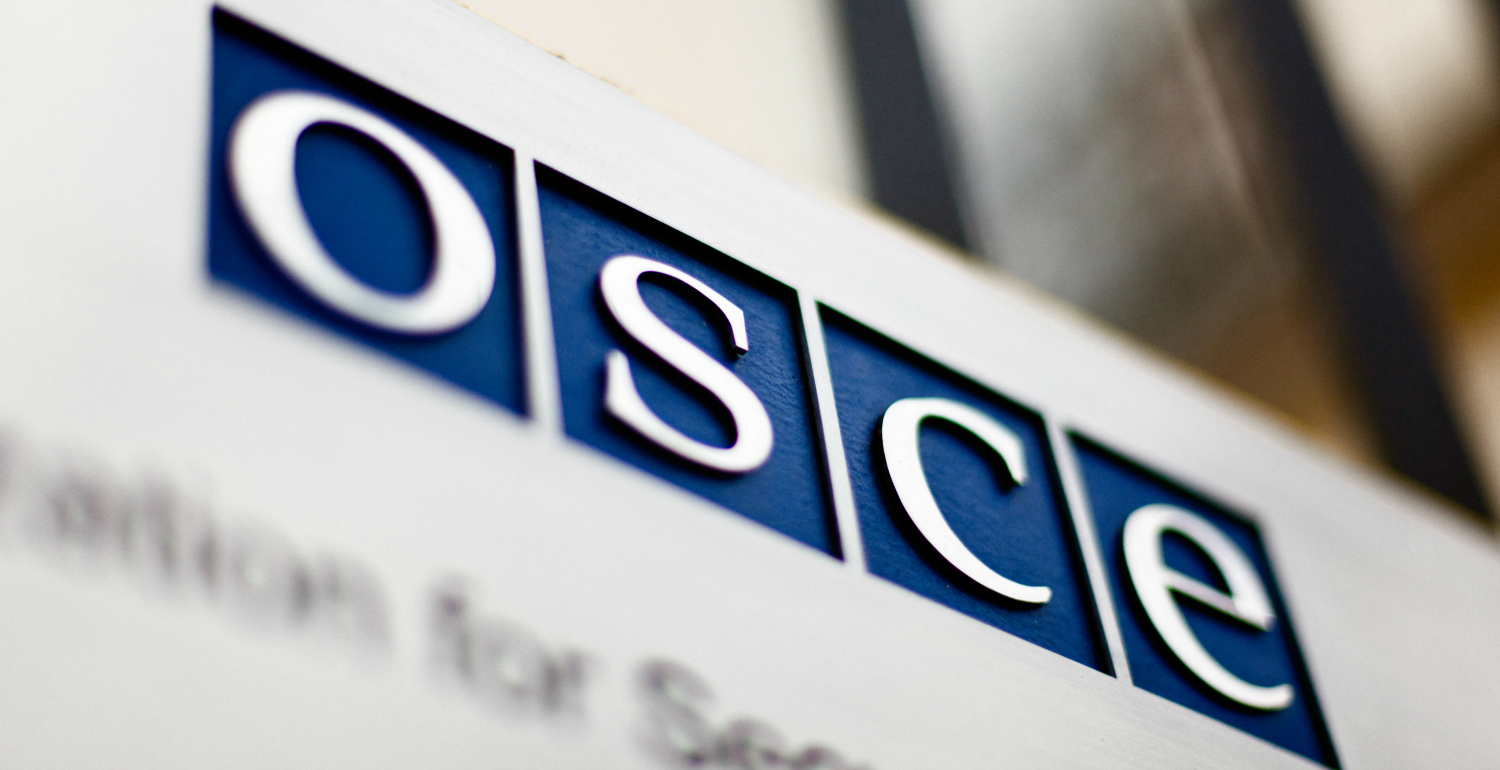This two day briefing was a response to legislation that called for the CSCE to conduct an analysis of the OSCE’s strengths and weaknesses and to ascertain the feasibility of creating similar institutions in other geographic regions. The briefing was divided into six panels. This second panel, entitled “Asia: Market Driven Reform or Repression?” was introduced by Congressman Jim Lightfoot.
Rep. Lightfoot believed an OSCE-like process should be considered in Asia and that an organization like the Helsinki commission be created to monitor such a process. Other panelists generally agreed that while the OSCE model held some insights for Asia, including an enhanced role for NGOs, it would be difficult to envision its effectiveness in the vast and varied Asia-Pacific region. Mr. T. Kumar of Amnesty International added that it would be helpful to have a more institutionalized role for NGOs, as they have often become victims themselves when confronting rights abuses.
On security matters, the panelists agreed that further development of the ASEAN process would be beneficial in maintaining both bilateral and multilateral ties to the U.S. Finally, in the economic sphere, Mr. Kamm of Market Access Ltd. argued that the promotion of human rights has positive implications for productivity, and that it would thus be in the interest of businesses to establish a human rights protection regime.






